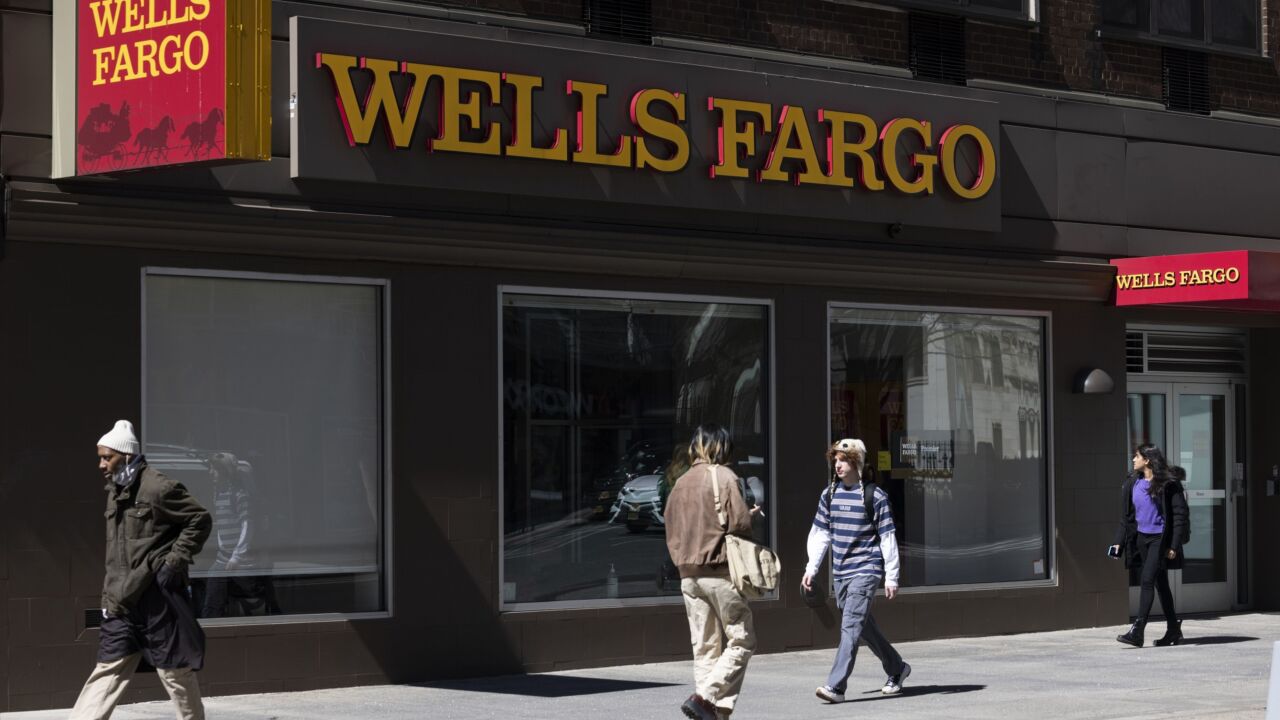WASHINGTON — Arguing that regulators are not likely to correctly predict the next crisis, former Federal Reserve Board Chairman Alan Greenspan said Wednesday that banks must hold more capital and face higher collateral requirements.
The former central bank chief said more capital and liquidity was essentially the only way to prevent another financial meltdown.
"If we had adequate capital and liquidity, whatever else we do would be helpful, but not critical," said Greenspan during a hearing of the Financial Crisis Inquiry Commission. "If we have everything else but not adequate capital and liquidity, the system will fail to function."
Greenspan also said policymakers should raise collateral requirements and force banks to issue "contingent capital bonds," which in the event of a possible debt failure could be automatically converted to equity.
Greenspan was the first to testify as a part of three-day hearing by the commission, which is charged with uncovering the causes of the financial crisis. The panel spent much of the afternoon on Wednesday focused on Citigroup's subprime lending activities, a topic it is likely to pick up today when a former Citi chief executive, Chuck Prince, and a former Citi board member, Robert Rubin, is set to testify.
Greenspan spent much of the hearing on the defensive, arguing that he could not have foreseen the crisis and had acted properly during his 18 years at the helm of the Fed. He also undercut the argument that regulators will ever be prepared to spot the next crisis.
"History tell us regulators cannot identify the timing of a crisis or anticipate exactly where it will be located or how large the losses and spillovers will be," he said. "Regulators cannot successfully use the bully pulpit to manage asset prices, and they cannot calibrate regulation and supervision in response to movements in asset prices, nor can regulators fully eliminate the possibility of future crises."
Greenspan also said the system was simply too complicated for regulators to properly oversee it.
"It's a different world that we have," he said. "The complexity is awesome. And I wish I knew a simple answer to this problem."
During the hearing, panelist and former regulator Brooksley Born accused the Fed of failing to do its part in preventing the financial crisis.
"You appropriately argue that the role of regulation is preventive," Born said. "But the Fed utterly failed to prevent the financial crisis.
The Fed and other banking regulators failed to prevent the housing bubble, they failed to prevent the predatory lending scandal, they failed to prevent our biggest banks and holding companies from engaging in activities that would bring them to the verge of collapse without massive taxpayer bailouts."
She added, "Didn't the Federal Reserve fail to meet its mandates, fail to meet its responsibilities?"
In response, Greenspan returned once again to the issue of capital, arguing that the banking system has been undercapitalized for the past 40 years.
"We were undercapitalizing the banking system probably for 40 or 50 years, and that has to be adjusted," he said.
Greenspan also attempted to shift the blame to Congress, arguing that even though lawmakers criticize him now for not making rules to curb certain abusive subprime lending practices, Congress would have been outraged if he had.
He also criticized the credit-rating agencies and a rise in global demand for securitized subprime mortgages.
"If the Fed as a regulator tried to thwart what everyone perceived in, I would say, fairly broad consensus that the trend was in the right direction, homeownership was rising, that was an unmitigated good, then Congress would have clamped down on us," he said. "There is a lot of amnesia that is emerging currently,"
Ultimately, Greenspan suggested that looking back was pointless.
"The issue of retrospective in figuring out what you should've done differently is a really futile activity because you can't, in fact, in the real world do it," he said. "I was right 70% of the time, but I was wrong 30% of time. And there are an awful lot of mistakes in 21 years."





